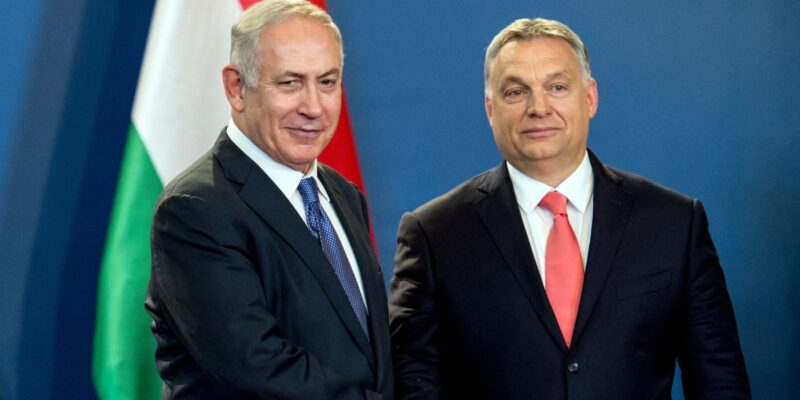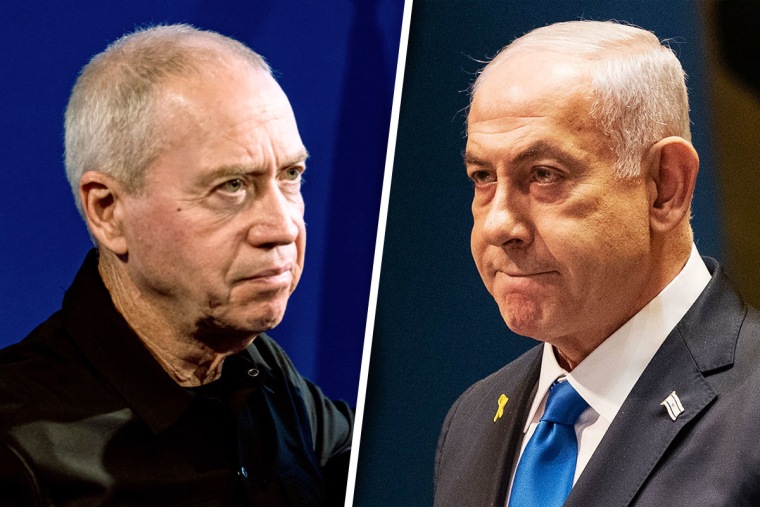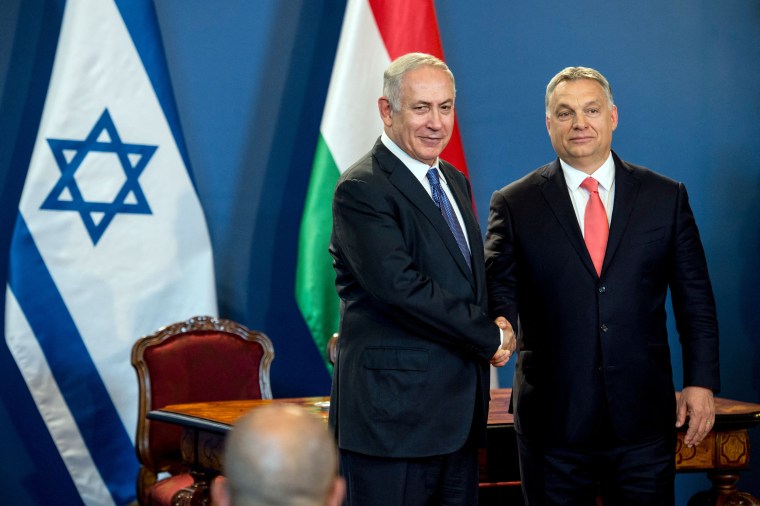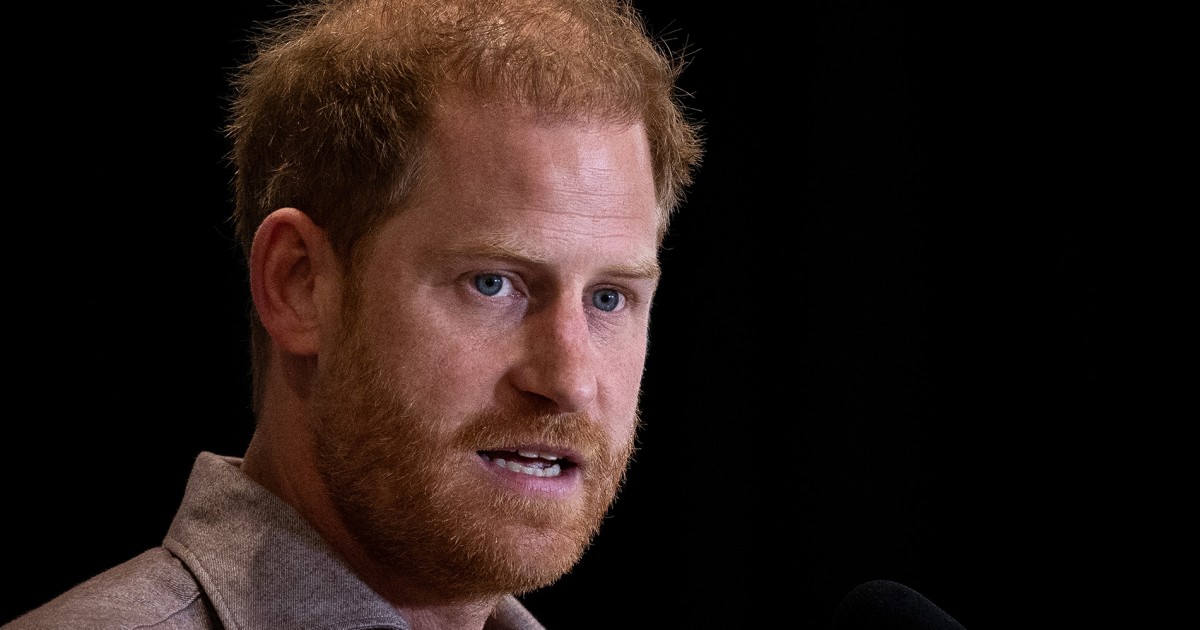
Hungarian prime minister Viktor Orban said Friday he would invite Benjamin Netanyahu to visit his country and that he would guarantee that an International Criminal Court arrest warrant against the Israeli prime minister would “not be observed.”
Orban’s remarks stand in contrast to a long list of European leaders who promised to respect the court’s decision.
Ireland’s prime minister Simon Harris said Friday that his country would be prepared to arrest the Israeli prime minister if he came to the country.

The International Criminal Court has issued arrest warrants for former Israeli Defense Minister Yoav Gallant and Israeli Prime Minister Benjamin Netanyahu.Getty Images
“We support international courts and we apply their warrants,” Harris told national broadcaster RTE when asked if Netanyahu would be arrested if he arrived in Ireland for whatever reason.
In doing so, Harris followed several other European countries who have said they would respect the court’s accusations.
The Netherlands, Norway, Switzerland, Italy, Spain and Slovenia all said Thursday that they would meet their commitments and obligations regarding the Rome Statute — the treaty that established the ICC — and international law, although only some of those countries explicitly said that they would arrest Netanyahu.
The ICC issued arrest warrants on Thursday for Netanyahu and his former defense chief Yoav Gallant, as well as Hamas military chief Mohammed Deif, for alleged war crimes and crimes against humanity in the Gaza conflict.
While several countries threw their full backing behind the ICC, others were more circumspect. France’s foreign minister Christophe Lemoine on Friday sought to tone down the country’s initial reaction to the ICC’s decision by the International Criminal Court to issue arrest warrants for the Israeli prime minister and former-defense minister.
In a statement, Lemoine said France took note of the decision, which was not a ruling, and that “true to its long-standing commitment to supporting international justice, it reiterates its attachment to the independent work of the Court.”
Similarly, a spokesperson for U.K. prime minister Keir Starmer said Thursday that the country respects the independence of the ICC but did not confirm whether Britain would uphold the warrants.
Orban, whose country holds the European Union’s rotating six-month presidency, told state radio that the ICC’s arrest warrant was “wrong” and said the Israeli leader would be able to conduct negotiations in Hungary “in adequate safety”.
“Today I will invite Israel’s prime minister, Mr. Netanyahu, for a visit to Hungary and in that invite I will guarantee him that if he comes, the ICC ruling will have no effect in Hungary, and we will not follow its contents,” Orban said.

Benjamin Netanyahu, left, and Viktor Orban at the parliament in Budapest, Hungary, on July 18, 2017. Karoly Arvai / Pool/ AFP via Getty Images file
Since Orban and his nationalist Fidesz party swept to power in 2010, he and Netanyahu have forged close political relations. Netanyahu visited Budapest in 2017.
Israeli leaders and the White House have strongly condemned the ICC decision, while EU foreign policy chief Josep Borrell said the warrants were not political and that all EU member states should respect and implement the court decision.
Within the EU, Hungary and the Czech Republic have been strong backers of Israel.
The Czech Foreign Ministry, responding to the ICC decision, said Prague would respect its international legal obligations.
However, Czech Prime Minister Petr Fiala called the ICC decision “unfortunate”, saying on X late on Thursday: “(The move) undermines its authority in other cases when it equates the elected representatives of a democratic state with the leaders of an Islamist terrorist organization.”















